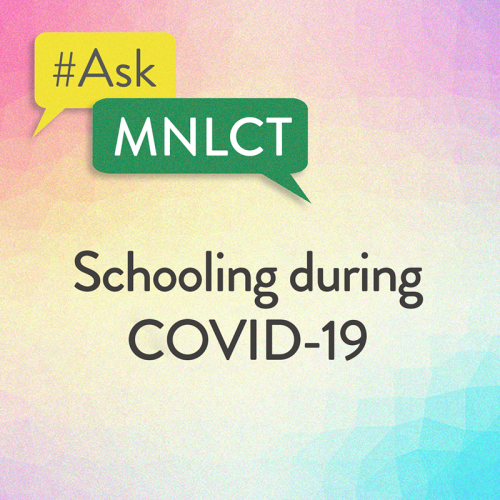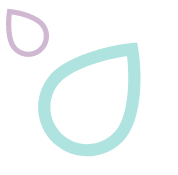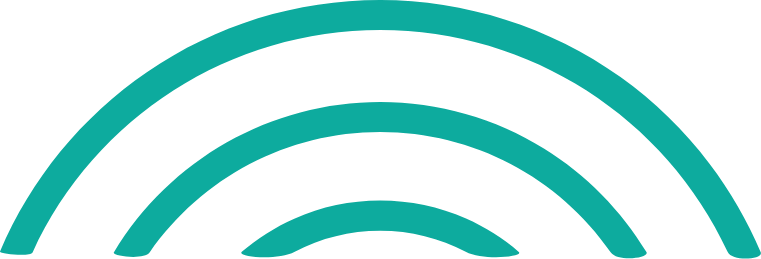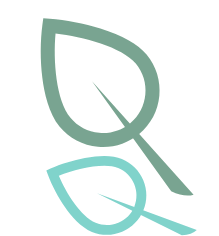Read our clients’ more frequently asked questions below, answered by members of our LINC (Language Instruction for Newcomers to Canada) and Settlement Teams.
Do you have topic suggestions or questions you’d like answered in future editions? Send a note to our Communications Team: communications@mnlct.org.
LINC stands for Language Instruction for Newcomers to Canada and it’s a free program of English classes for newcomers to Canada.
Both LINC and ESL are free, government-funded programs designed to teach English to newcomers who intend to live in Canada permanently.
LINC is funded by the Government of Canada, and ESL is funded by the Province of Ontario.
In the last few years, LINC has started using a more structured assessment method called PBLA (Portfolio Based Language Assessment).
“Success in Canada Starts with Learning English” is the motto we use at the Mennonite New Life Centre of Toronto to highlight the importance of learning English as a tool for practically everything, including accessing a job, becoming self-sufficient, upgrading education, and learning about the fundamental values and culture of Canadian society.
LINC courses help newcomers improve their proficiency in English and facilitate their successful integration in Canada.
Learners must be at least 18 years old and be a Convention Refugee or Permanent Resident.
Visitors, refugee claimants and Canadian citizens are not eligible for LINC classes, but they still have the option of enrolling in ESL courses that are offered by other organizations.
Students must complete a Language Assessment Test at a YMCA Language Assessment Centre before enrolling in a LINC class.
Students who have already completed the assessment can contact us directly by calling (416) 291-3248.
The YMCA has extended the validity of language assessment to two years, due to the COVID-19 pandemic. Please feel free to contact us to check if your expired language assessment qualifies for an extension.
Students who do not have a language assessment are required to contact YMCA directly at (416) 925-5462. However, YMCA Language Assessment centres are currently not conducting assessment due to the COVID-19 situation. Students who need an assessment for the first time cannot join classes at this time. Please check with the YMCA or with us to find out when the Language Assessment centres will be open.
Due to the COVID-19 pandemic, MNLCT’s LINC classes are currently offered online. We offer one hour of online instruction from 10:00 to 11:00 am every day for classes running Monday to Friday, and an hour of online instruction on Saturdays for weekend courses.
Before the state of emergency was declared, our Centre offered a variety of in-class instruction courses, levels and schedules, including full-time and part-time, from September to June with the following schedule:
Monday to Friday:
Class CLBs 0-1 from 9:00AM to 11:30AM
Class CLBs 2-3 from 9:00AM to 11:30AM
Class CLBs 3-4 from 9:00AM to 2:30PM
Class CLBs 5-6 from 9:00AM to 2:30PM
Saturdays:
Class CLBs 0-1 from 9:00AM to 12:00PM
We expect to resume our regular schedule for in-class instruction when public health officials advise that it is safe to do so. The LINC office at MNLCT’s Victoria Park office, in Suite 204 at 3570 Victoria Park Avenue in North York. The entrance is off Tempo Ave and the main intersection is Victoria Park Avenue and McNicoll Avenue. There is free parking and TTC at the door.
Our curriculum helps newcomers improve their communication skills in four areas: listening, speaking, reading and writing. The lesson content is chosen to help learners with daily needs, such as banking, shopping, asking for directions and booking appointments. Our classes also deliver significant Canadian content on values, culture, society, rights and responsibilities, equality, democracy, freedom, and community participation, which all support full integration of newcomers into Canadian society.
In normal times, the MNLCT LINC program offers childminding services called Care for Newcomer Children (CNC) for children ages 6 months to 6 years who have a parent(s) attending a LINC course. In-person CNC has been suspended while our offices are closed due to the pandemic, but watch for a modified online CNC offering to be available soon!
We also offer our learners access to settlement, employment, and mental health supports before, during, and after their enrolment in LINC.
Since the implementation of PBLA, the concept of levels has been replaced by benchmarks (officially known as Canadian Language Benchmarks or CLBs). Our current classes cover CLBs from 0 to 6.
Canadian Language Benchmarks are basically a mark in each of the four basic skills: listening, speaking, reading and writing. Under this system, every student has four CLBs that are taken into account for placement in a class. More often than not, CLBs are different from one skill to the other. For instance, if a student’s CLBs are L2 – S3 – R3 – W2, does he/she enroll in a Level 2 or 3 class?
The answer is neither, because class levels do not exist anymore. Instead, the student will be placed in a class helping students to achieve CLBs 3-4. In this way, the student in the example will work to achieve CLB 3 in L and W and CLB 4 in S and R.
The CLB system is a component of PBLA which a more structured student assessment method currently being applied in LINC.
Under the old format, a LINC class identified by a level used to pose an extra challenge to instructors and learners due to the wide variety of needs and abilities within the class. This was the case because, in general, students’ proficiency tends to differ from one skill to the other. For instance, a student with a speaking ability at Level 2 may not necessarily write or read at Level 2. This is why implementing CLBs has made LINC classes a bit more homogenous in terms of the needs of the students and this allows instructors to better focus on supporting students by focusing on those specific needs.
Each employer may have different requirements depending on their needs and the complexity of the position or task. Most employers will require employees to have excellent proficiency in English (in all areas listening, speaking, reading and writing) as this is essential to fulfilling tasks and for safety reasons. Some employers may even post the minimum level of proficiency expected (i.e. have proof of minimum speaking proficiency at CLB 4).
In general, job seekers may be required to have a minimum of CLB 4 in all areas to perform a job in an environment where the majority of employees speak English. However, it is also true that sometimes our students with CLB 1 to 3 find entry level jobs by working as part of a workforce where workers share the same first language.
We currently require students to join us every day for our online instruction.
Once the pandemic is over and we return to in-class instruction, we will go back to implementing the usual requirement for students to attend class a minimum of 80% of the time each month, be punctual, and show commitment and class participation.
We recommend newcomers to enroll in LINC as soon as possible upon arrival and immediately after they have settled down by getting the basics (finding housing, finding a school for their children, and obtaining Canadian IDs).
Learners ask this question to teachers all the time and, in general, students expect a concrete answer – such as a number: 2 years, 10 months, etc. However, there is no concrete answer because each learner is different, their circumstances are different and learning a second language as an adult involves many factors. For this reason, the response is more an explanation rather an amount of time.
In general, it is assumed that the average beginner level learner may gain a reasonable, functional command of the language within three years. But, again, this is an estimation.
Learners ask this question to teachers all the time and, in general, students expect a concrete answer – such as a number: 2 years, 10 months, etc. However, there is no concrete answer because each learner is different, their circumstances are different and learning a second language as an adult involves many factors. For this reason, the response is more an explanation rather an amount of time.
In general, it is assumed that the average beginner level learner may gain a reasonable, functional command of the language within three years. But, again, this is an estimation.
LINC is a Canada-wide program funded by the federal government. Both in-classroom and online instruction are available across Canada and newcomers should check with their local settlement agencies to find the LINC service provider closest to their location.
The provincial government recently announced that all publicly funded schools will be closed at least until May 31, 2020. This means millions of children will be studying from home. Students and parents will need to familiarize themselves with this new learning system which comes with its own challenges.
Parents are concerned that their children will not be able to adjust to this new learning methods or parents may not be able to provide equipment to every child when there are limited resources to access computers and laptops.
If you require more information related to online learning for school kids, please visit:
https://www.tdsb.on.ca/Remote-Learning/Questions-and-Answers
Children and parents are still adjusting to this new format of learning and are facing challenges such as lack of resources, language barrier for parents to help with homework, and financial struggles due to job loss or reduced hours. There is information available for parents who do not read English. These resources are created to connect parents to information about remote learning and also to find information on major languages spoken in Toronto.
To access various academic resources for elementary and secondary students, alongside other home learning information accessible in various languages, please visit: https://www.ontario.ca/page/learn-at-home
For more information about LINC at MNLCT:
Please continue to visit our website and social media channels for announcements and up-to-date information. You can also contact us by telephone at 416-291-3248 or email jsilvestri@mnlct.org to receive updates on enrollment, vacancies, class schedules and delivery methods offered.






